Meet the man who lost $20 billion almost overnight
How infamous investor Bill Hwang destroyed his jaw-dropping fortune
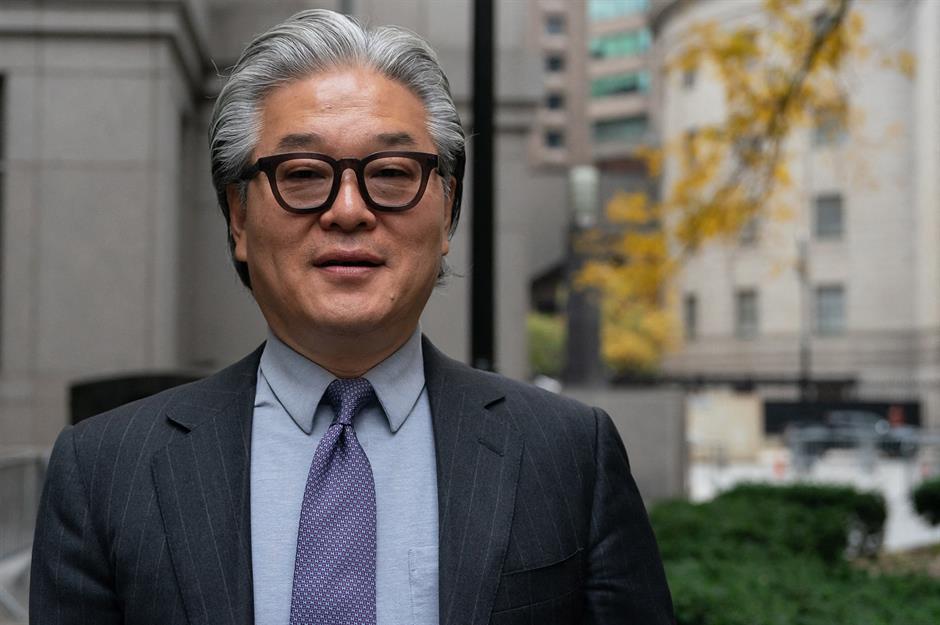
Once dubbed "the greatest trader you've never heard of", Sung Kook "Bill" Hwang amassed a $20 billion (£16bn) net worth – only to see it wiped out in the blink of an eye.
His fortune was obliterated back in March 2021 following the spectacular collapse of Archegos Capital Management, his New York-based private investment firm. Hwang has since been found guilty on several charges for his role in the fund's catastrophic implosion, which had far-reaching consequences across the financial world.
The rags-to-riches Hwang, who started out making burgers in McDonald's, has just been sentenced to 18 years in prison. Read on to discover how he managed to accumulate so much wealth and lose it so dramatically.
All dollar amounts in US dollars.
Bill Hwang's humble beginnings
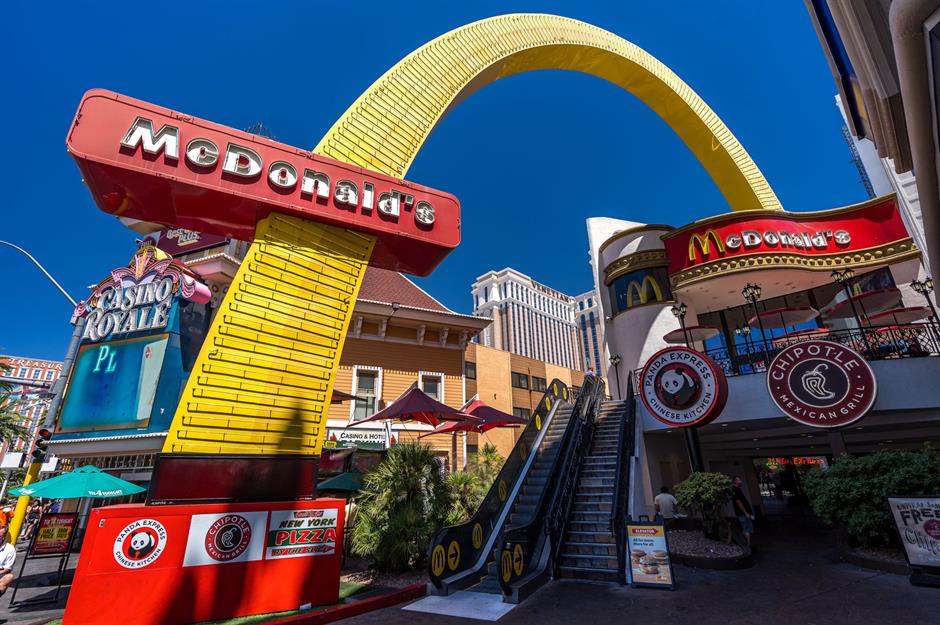
Born in South Korea in 1964, Hwang moved to Las Vegas with his parents in 1982, according to The New York Times.
Hwang, whose English skills were basic at the time, adopted the name Bill and landed his first job not long after, working in the kitchen at a McDonald's on the Sin City Strip.
Within a year of the family's arrival in America, Hwang's pastor father died. His mother decided to relocate to Los Angeles and Hwang enrolled at the University of California, embarking on a bachelor's degree in economics. Enjoying the social side of college a little too much, reports claim, the future investor just about managed to scrape through the three-year course.
Bill Hwang's big break
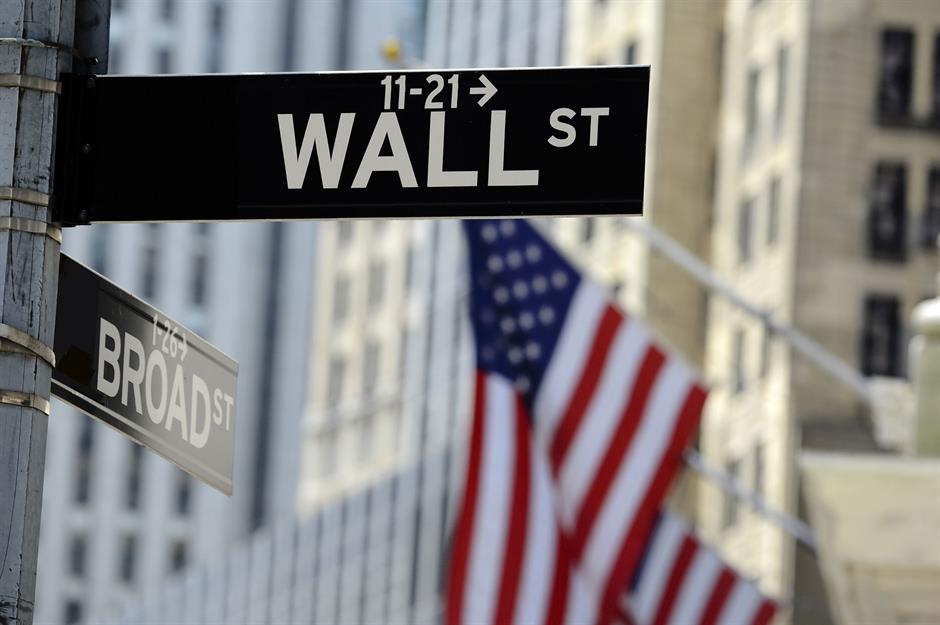
Nevertheless, Hwang went on to bag a place on Carnegie Mellon University's prestigious MBA program, setting himself up for a stellar business career.
After graduating from the renowned Pittsburgh institution, he landed his first 'grown-up' job in New York, working as a stock salesman for South Korean financial services company Hyundai Securities.
Hwang's big break came in the mid-90s when he caught the attention of Wall Street hedge fund legend Julian Robertson. The revered investor offered Hwang a dream job as an investment advisor at Tiger Management, his pioneering hedge fund, and Hwang became one of the veteran fund manager's star protégés.
Sponsored Content
Bill Hwang starts Tiger Asia Management
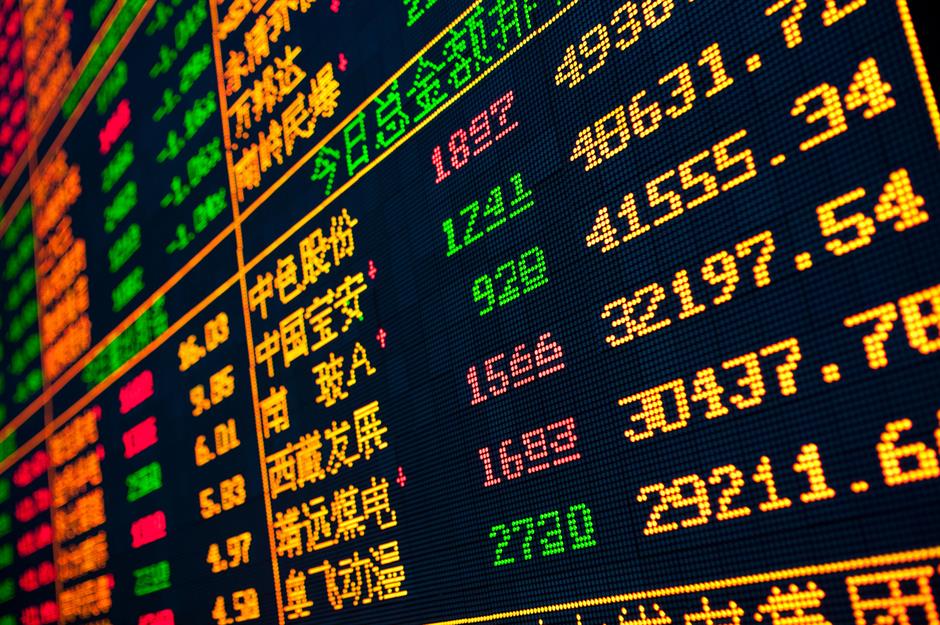
In 2000, Robertson wound down Tiger Management and helped finance Hwang's very own hedge fund, Tiger Asia Management.
Hwang had become both a Tiger Cub and Tiger Seed, joining an elite group of Tiger Management alumni who went on to launch their own hedge funds thanks to capital from their former boss.
With Hwang at the helm, Tiger Asia garnered a reputation for making huge, risky bets on stocks, mainly in South Korea, Japan, China, and other Asian countries, using borrowed money and leverage – and often falling foul of regulators.
The strategy paid off handsomely. Tiger Asia accumulated over $10 billion in assets at its peak (around $16bn/£12.8bn today), according to Bloomberg – but it also got Hwang into trouble with the authorities...
Tiger Asia's regulatory woes
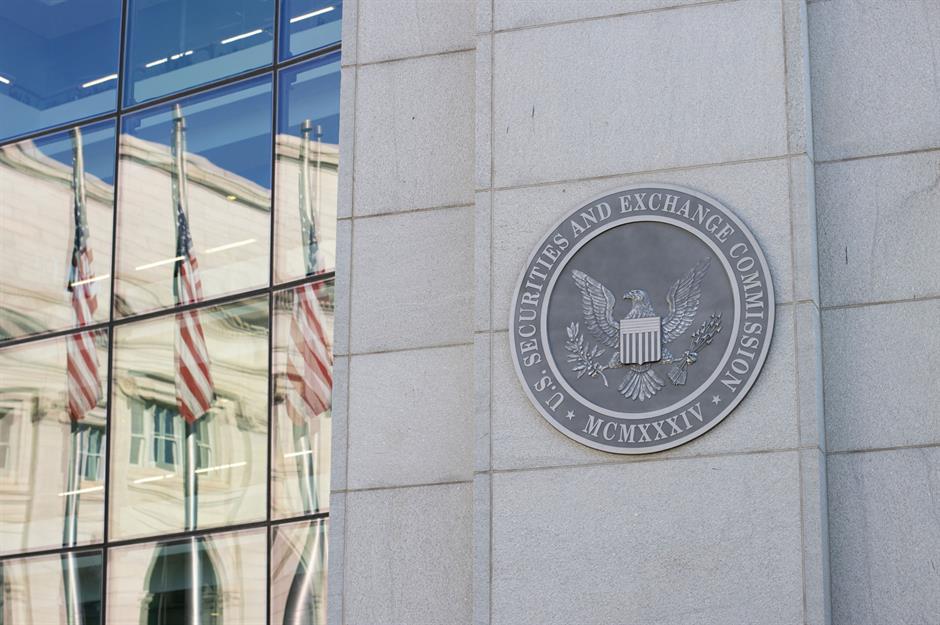
In 2009, Hong Kong regulators accused Tiger Asia of insider trading and stock market manipulation. A court eventually ordered the fund to repay almost $6 million ($8.8m/£7m today) to more than 1,800 investors duped by its illegal trades.
Then in 2012, Hwang had a showdown with US regulators. He pleaded guilty to wire fraud for illegally trading two Chinese stocks – China and Construction Bank Corp and Bank of China – reaping $16.7 million ($22.9m/£18.3m today) in illicit profits.
Hwang was ordered to pay $16.3 million ($22.3m/£17.8m today) to settle federal criminal charges and $44 million ($60m/£48m today) stemming from a civil case initiated by the US Securities and Exchange Commission (SEC). Amid mounting losses and regulatory woes, Hwang ended up having to shutter the fund and start over.
Bill Hwang establishes Archegos Capital Management
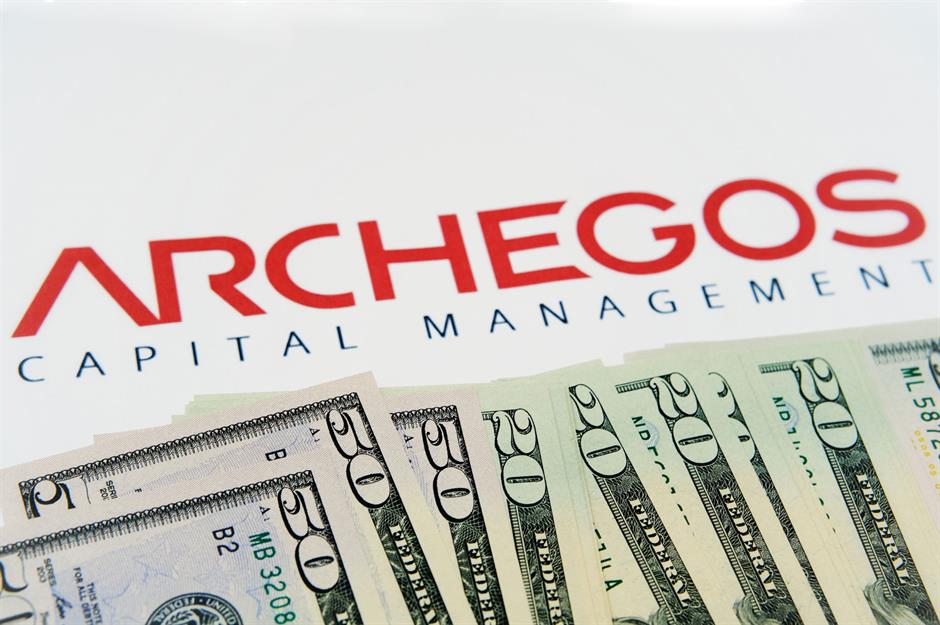
While Hwang might have been down, he was certainly not out.
Using around $200 million left over from the now-defunct Tiger Asia, the tenacious investor established a new fund, which he named Archegos Capital Management. The word "Archegos" derives from the Greek for "prince" or "leader" and is used in the Bible to refer to Jesus Christ, so might be a nod to Hwang's devout Christian faith.
As The New York Times points out, Archegos was similar to a hedge fund, though its assets were entirely made up of Hwang's personal wealth and that of certain family members. This set-up is called a family office and is typically used by ultra-wealthy families to manage their wealth. Crucially, family offices are exempt from the Advisors Act and aren't subject to regulatory scrutiny, unlike hedge funds, which are heavily regulated in the US.
Sponsored Content
Regulatory blind spot
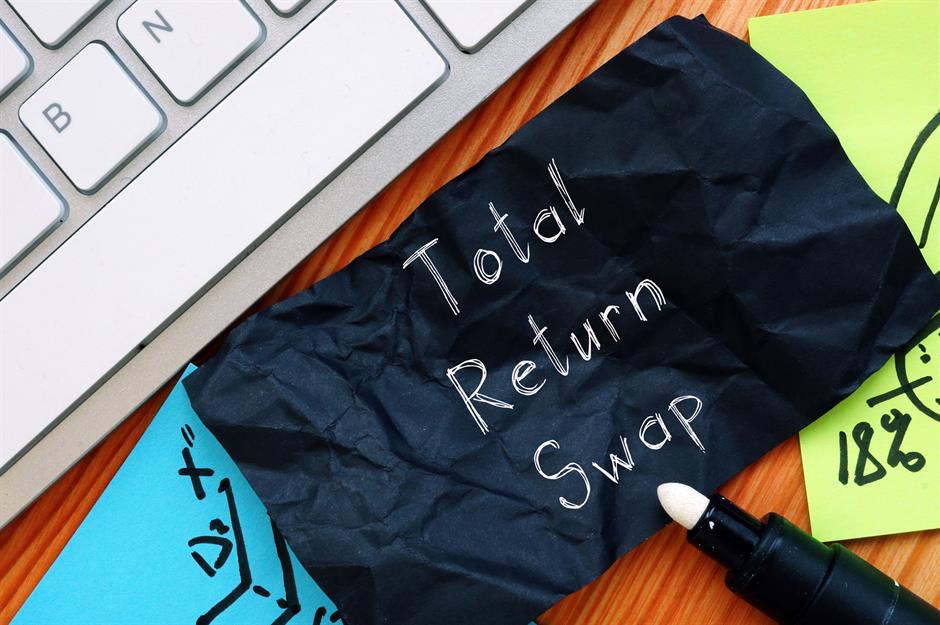
US regulations surrounding borrowing are strict when it comes to individual investors, although family offices have free rein to leverage to the max.
This regulatory blind spot was magnified by Hwang's modus operandi. The audacious trader largely invested in stocks through a series of complex contracts with banks and brokers, known as total return swaps.
These legal but highly controversial financial instruments allowed Hwang to gain exposure to the stocks without actually owning them and at very limited upfront cost. They also enabled him to amass enormous positions while concealing his identity, since the stocks weren't registered in his name.
Archegos's performance impresses major banks
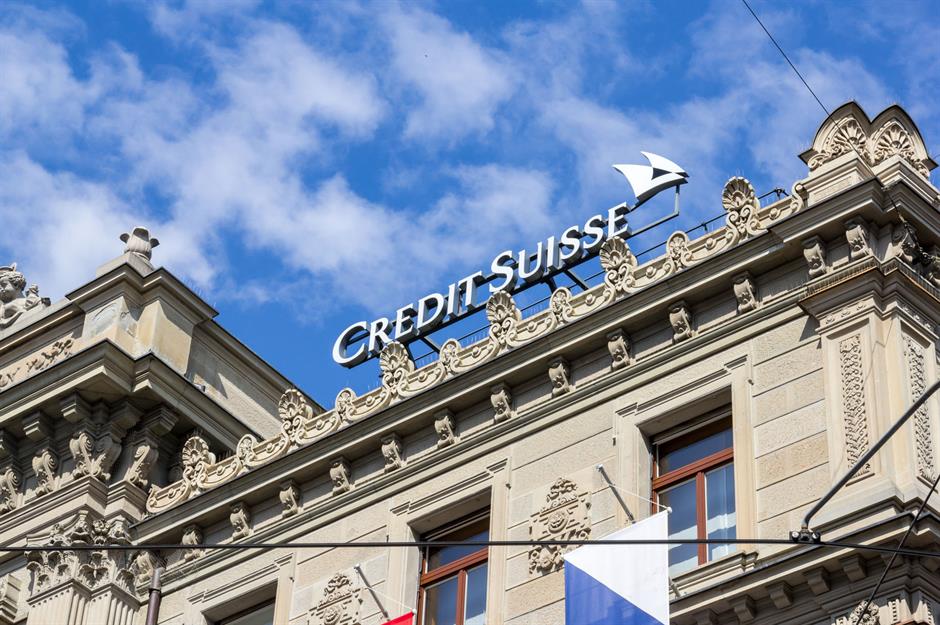
Archegos focussed on US and Asian stocks, following in the footsteps of Tiger Asia. While major banks were cautious at first, they eventually began lending lavishly to the fund, which was delivering remarkable returns and growing at breakneck speed.
By 2016, Archegos had accumulated net assets of $3.9 billion. Its total assets eventually peaked at $36 billion (£28.8bn).
Archegos counted Credit Suisse, Goldman Sachs, Morgan Stanley, Wells Fargo, and Nomura (Japan's largest investment bank) among its prime brokers, with these institutions providing the lion's share of the fund's capital.
Bill Hwang's risky investment strategies
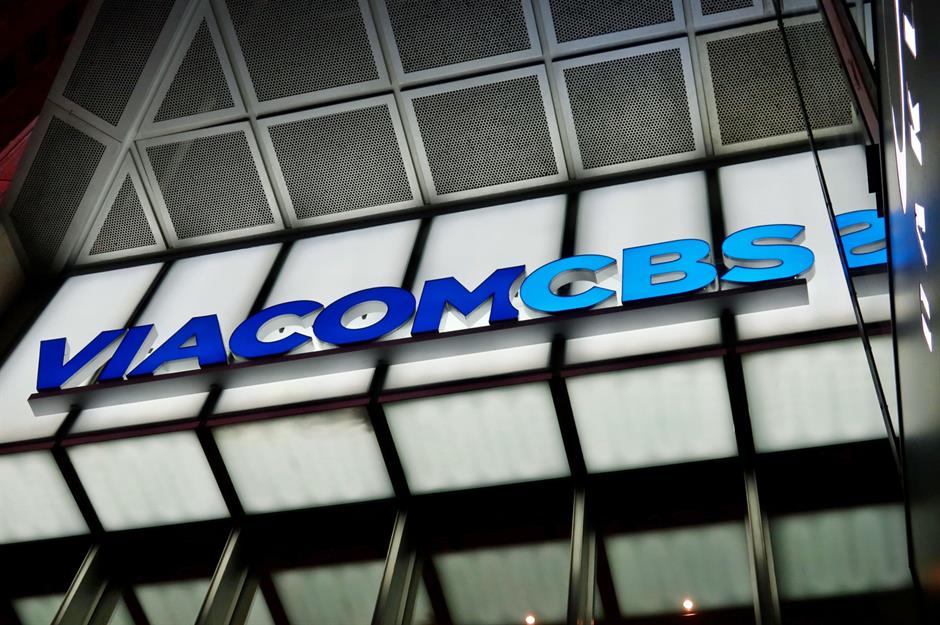
As well as engaging in swaps, Archegos deployed another extremely risky strategy that Hwang had honed in his Tiger Asia days: taking outsized bets on a handful of stocks using borrowed money.
Hwang's gambling instinct went into overdrive in March 2020. Holed up in his Manhattan apartment during the first COVID-19 lockdown, he began to leverage like crazy and build colossal positions in just a few carefully selected securities, including US media giant ViacomCBS. As a result, its share price, which stood at just $13 at the time, shot up.
Sponsored Content
Bill Hwang fires up ViacomCBS stock
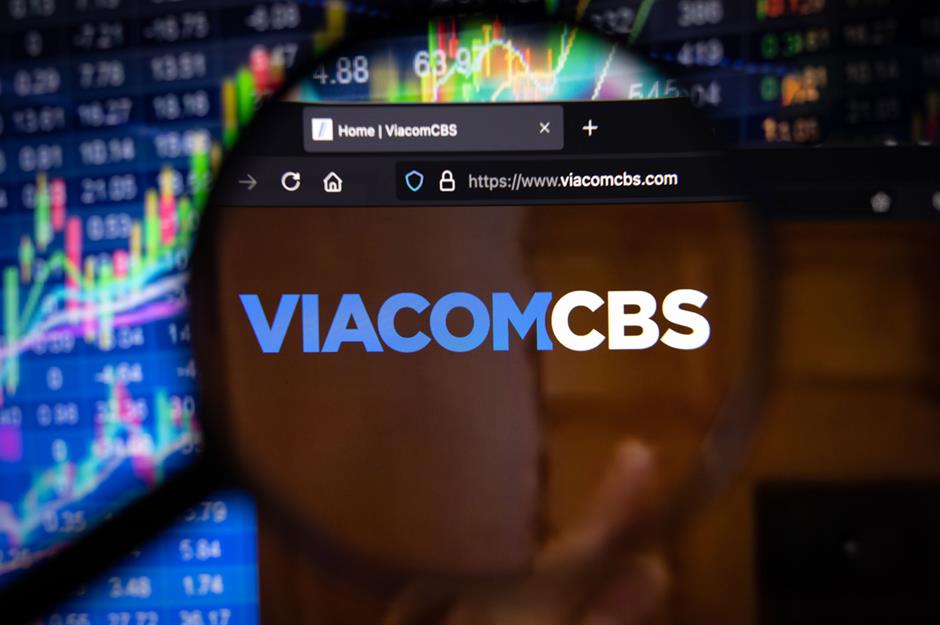
In January 2021, ViacomCBS stock was trading at around $50 a share, a more than threefold increase from March 2020.
Hwang doubled down and strengthened his position further. His secret spree pushed the ViacomCBS share price even higher and by late March 2021, it had surpassed the magic $100 mark, wowing Wall Street with its astounding performance.
Bill Hwang becomes ViacomCBS' biggest backer
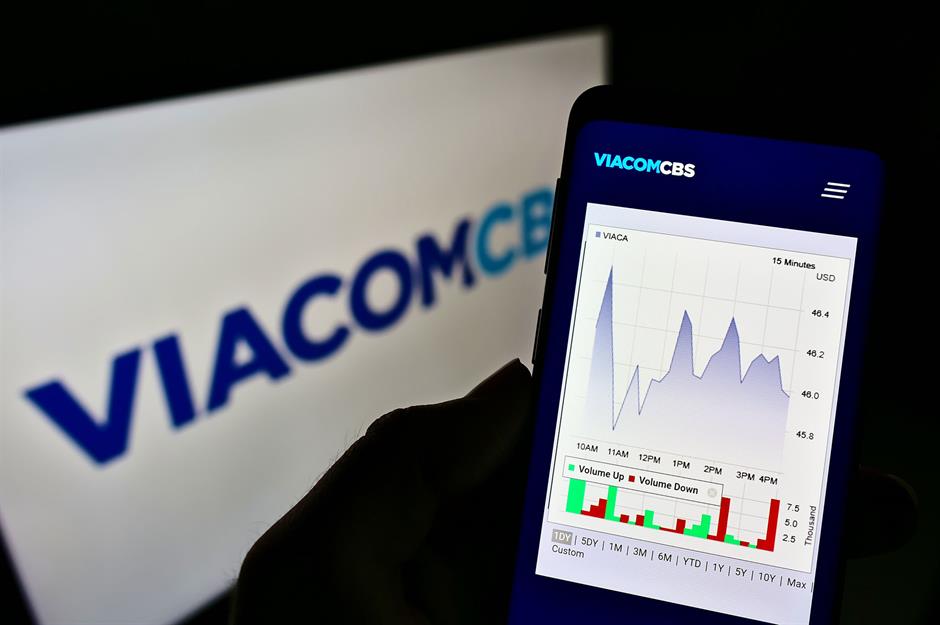
At this point, Hwang's position in ViacomCBS had swelled to more than $20 billion (£16bn), representing a whopping 50% of the firm. This made Archegos, for all intents and purposes, the media behemoth's largest institutional shareholder.
Yet astonishingly, the powers-that-be at ViacomCBS had no idea who was actually behind the stock's spectacular performance. According to the LA Times, as far as they were aware, a number of parties were involved, as Hwang's swaps strategy made it look that way.
ViacomCBS launches an ill-fated stock sale
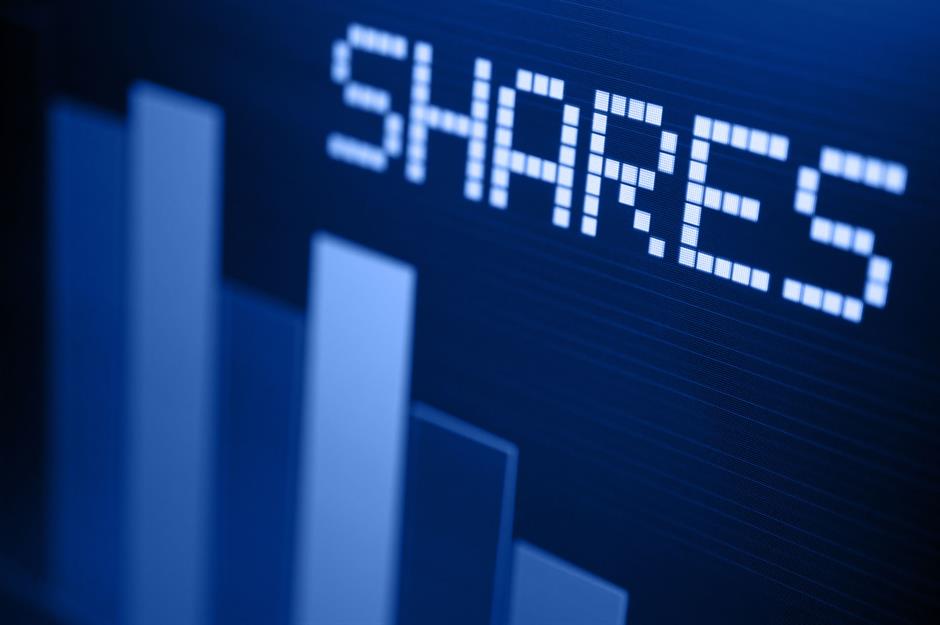
With dollar signs in their eyes, ViacomCBS executives determined they could capitalise on the stock's sensational rally and raise a pile of cash by selling new shares to the public.
The company announced the offering on 22 March 2021, hoping it would generate around $3 billion (£2.4bn) and provide a welcome funding injection for the firm's burgeoning streaming services.
According to The New York Times, Hwang was expected to be the anchor investor. He was reportedly planning to buy hundreds of millions of dollars worth of shares but made a U-turn within days. This was likely because two other stocks he'd taken oversized bets on, Chinese e-cigarette firm RLX and education company GSX, had crashed in the Asian markets.
Sponsored Content
ViacomCBS shares crash and burn
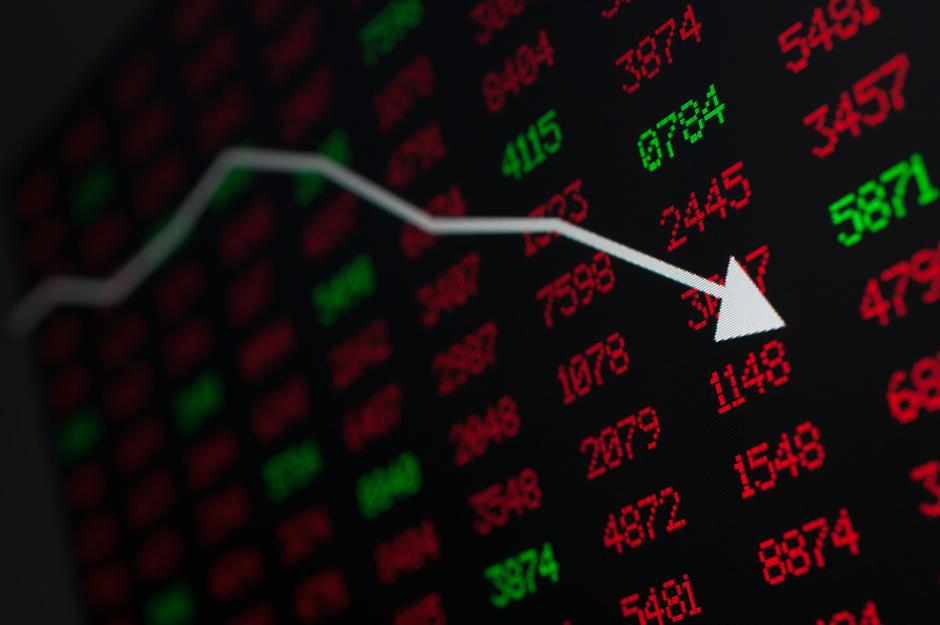
As a consequence, ViacomCBS went on to raise a disappointing $2.6 billion (£2.1bn) – quite a way off that $3 billion (£2.4bn) target.
In response, investors began dumping their ViacomCBS stock and the company share price began to plummet.
The plunging stock prompted Archegos's lenders, including Goldman Sachs and Credit Suite, to issue margin calls. These calls are effectively requests for capital from the fund to cover the increased exposure on the swaps.
Archegos had bet big, overleveraged massively, and lost the gamble in an epic way. With nowhere near the liquidity required to satisfy its lenders, the fund's assets were completely dwarfed by its exposures, which reportedly exceeded $100 billion (£80bn).
Banks dump their Archegos holdings
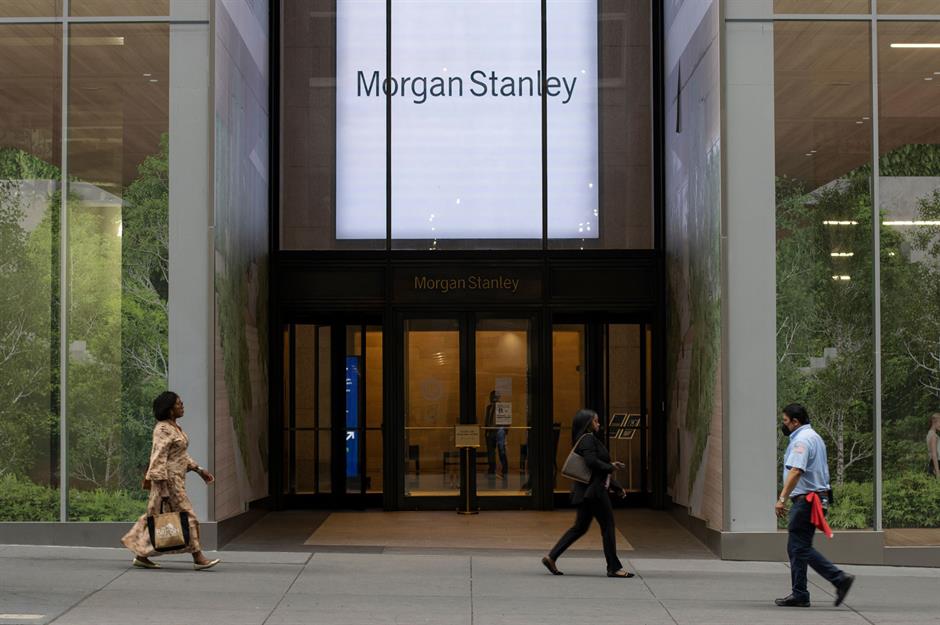
One by one, the banks began offloading their Archegos holdings. According to Bloomberg, Morgan Stanley kicked things off on 25 March 2021, selling $5 billion (£4bn) of its Archegos portfolio at a discount. Other lenders were quick to follow suit.
The ensuing "fire sale" decimated Archegos. Morgan Stanley sustained little financial damage, together with Goldman Sachs and other banks that were among the first to dump their Archegos holdings.
Credit Suisse and Nomura, which dithered, weren't quite so lucky. Credit Suisse took the biggest hit, losing an eye-watering $4.7 billion (£3.8bn), while Nomura was down $2 billion (£1.6bn).
Severe repercussions for Credit Suisse
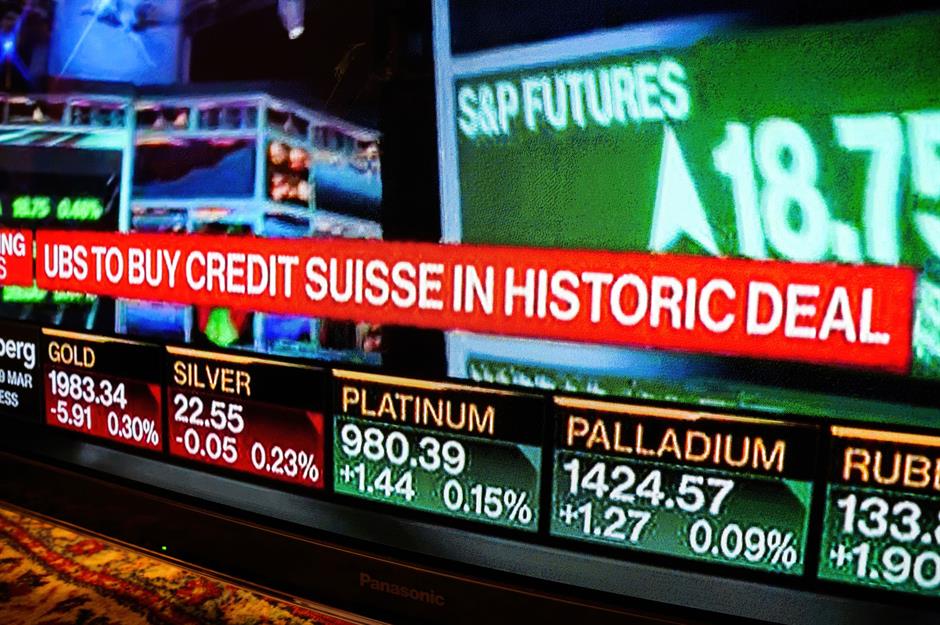
Credit Suisse and Nomura both saw their respective share prices tumble. But Credit Suisse, which had been fined over half a billion dollars by US and European regulators for its lack of oversight relating to Archegos, came off the worst.
The Archegos debacle arguably set off a chain of events that led to Credit Suisse's collapse in March 2023 and its takeover by rival UBS.
The Swiss multinational's share price had been climbing for months before slumping in late March 2021. It never recovered and the bank's fortunes went from bad to worse.
Sponsored Content
Bill Hwang's vanishing $20 billion (£16bn) fortune
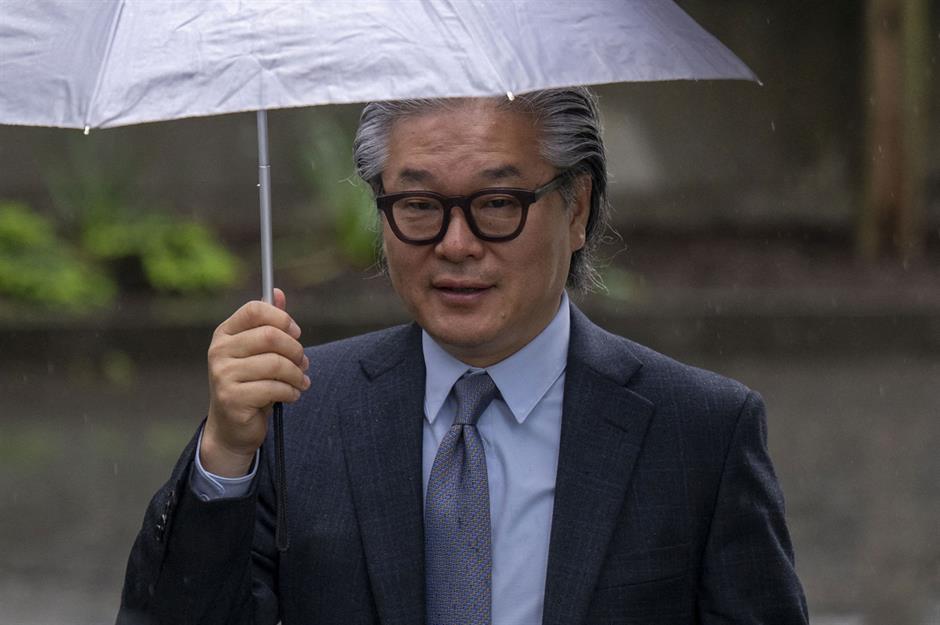
Hwang had built up an estimated $20 billion (£16bn) fortune by the time his world came crashing down in March 2021, though his net worth had reportedly peaked at $30 billion (£24bn).
According to Bloomberg, this wasn't any ordinary billion-dollar fortune. Unlike most billionaires' net worths, which are tied up in investments, property, and other such assets, Hwang's was almost entirely liquid and spendable – and the whole lot essentially vanished within 48 hours when his company imploded in late March 2021.
In fact, no individual has ever lost so much money so quickly, according to Bloomberg.
Bill Hwang's modest lifestyle and deep-pocketed philanthropy
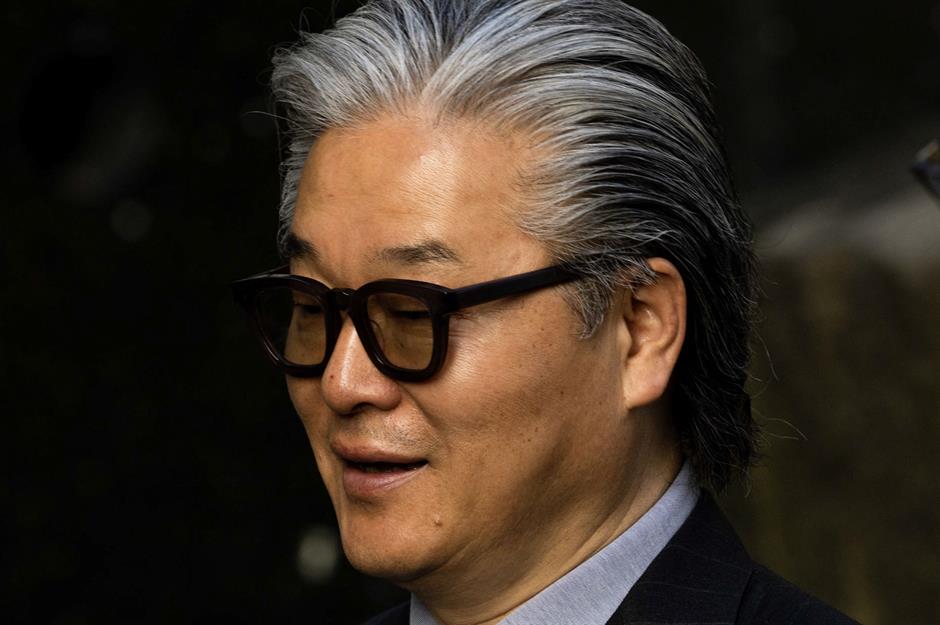
A godly person in his private life but an undeniable daredevil when it comes to his career, Hwang is a paradox along the lines of Sam Bankman-Fried. Like the convicted crypto fraudster, Hwang appeared to live modestly and was extraordinarily philanthropic, despite his reckless gambles with money that didn't belong to him.
Hwang's family home in suburban New Jersey is "humble by Wall Street standards" (as reported by The New York Times), and he's said to drive a run-of-the-mill Hyundai SUV.
According to Bloomberg, Hwang liked to say "he divided his time evenly among three passions: his family, his business, and his charity, the Grace & Mercy Foundation".
Bill Hwang's divinely inspired "fearless" approach to investing
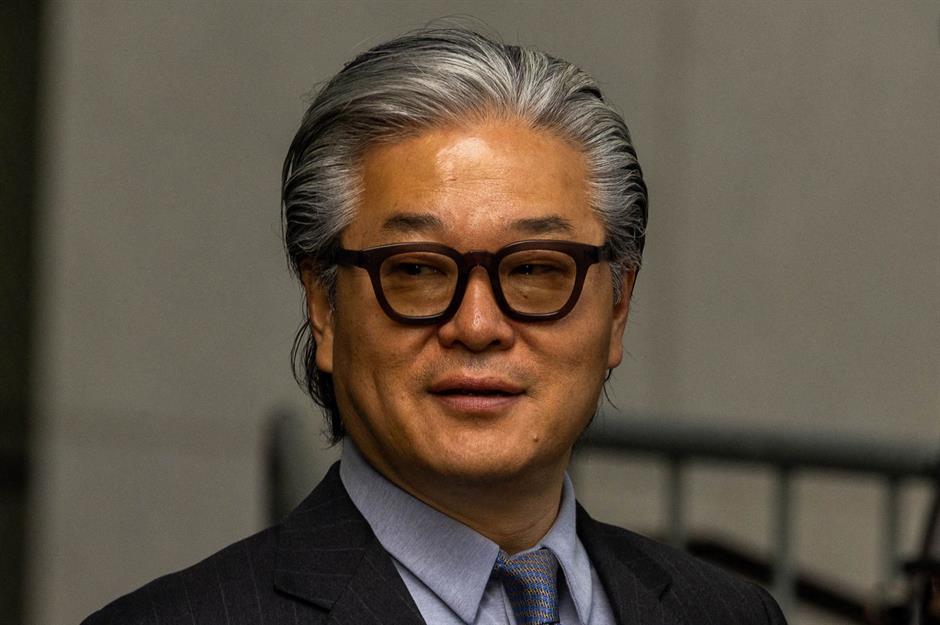
So what is the Grace & Mercy Foundation? The NY-based nonprofit, which sponsors Bible readings and religious book clubs, grew to boast $500 million (£400m) in assets in less than a decade. Since its launch, the organisation has donated millions of dollars to various Christian organisations.
While Hwang's piousness may seem at odds with his risk-taking in business, he actually attributes this bold approach to his deep faith.
Bloomberg reports that in a 2019 video made about Grace & Mercy, Hwang proclaims that he tries to invest "according to the word of God and power of the Holy Spirit". He says: "In a way, it’s a fearless way to invest. I am not afraid of death or money."
Sponsored Content
The SEC accuses Bill Hwang of fraud and market manipulation
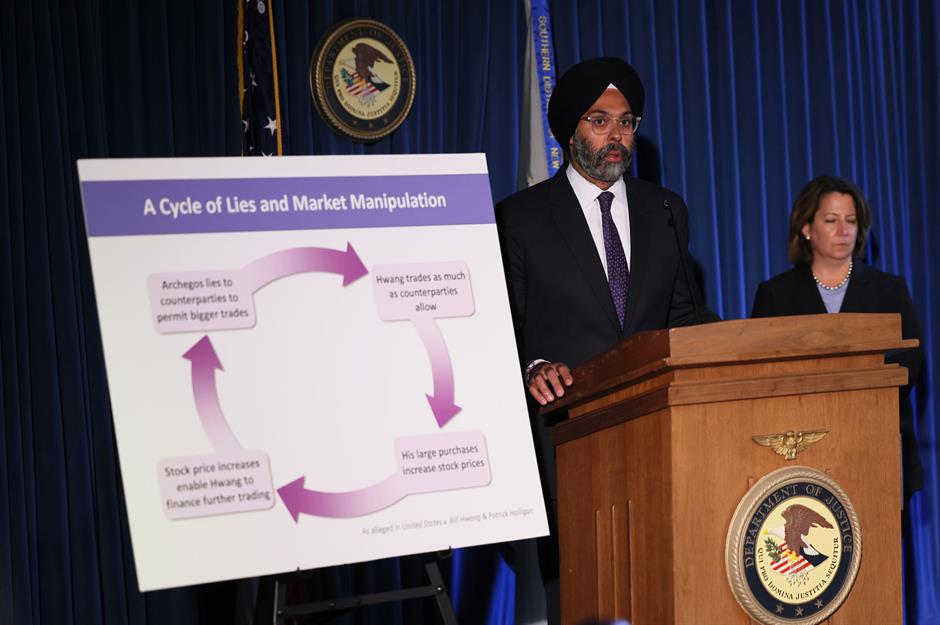
The implosion of Archegos soon caught the attention of the SEC, which, as we've mentioned, had prior dealings with Hwang when he was at the helm of Tiger Asia.
The regulator opened a preliminary investigation into the fund's collapse at the end of March 2021 and went on to widen its scope as allegations emerged that Archegos had engaged in "a massive market manipulation scheme".
The SEC alleged that Hwang entered into total return swaps to "artificially and dramatically drive up the prices of the various companies’ securities, which induced other investors to purchase those securities at inflated prices". The regulator also claimed that Hwang and his co-conspirators lied to banks to obtain the billions of dollars required for their scheme.
Bill Hwang is arrested, charged and put on trial
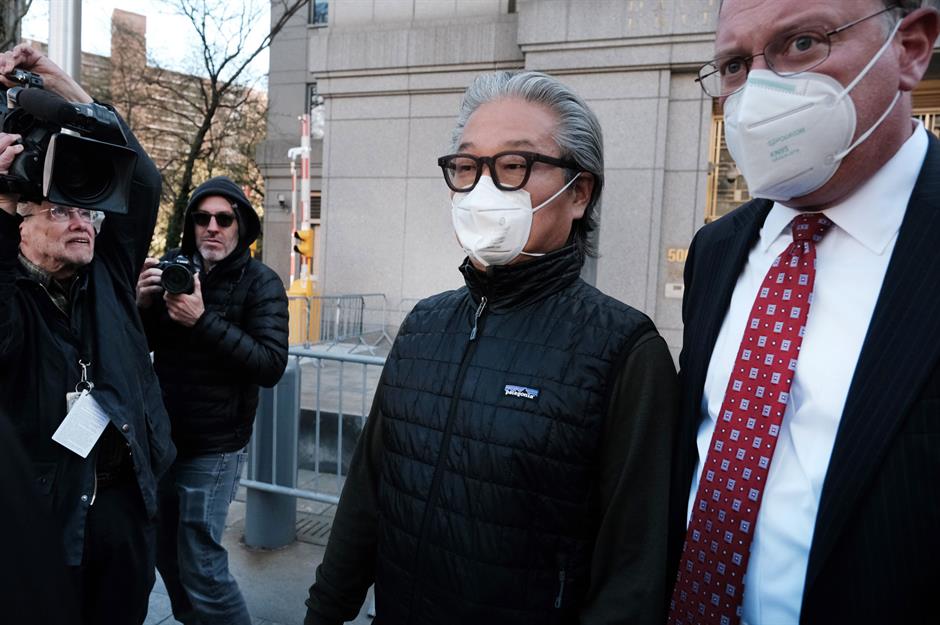
In April 2022, Hwang was arrested by the FBI along with Patrick Halligan, Archegos's former chief financial officer. Together with Scott Becker, the fund's chief risk officer, and head trader William Tomita, Hwang and Halligan were charged with racketeering, conspiracy, securities fraud, and wire fraud offences.
Becker and Tomita worked out plea deals and went on to act as star prosecution witnesses, testifying against their former boss and Archegos's ex-CFO. Hwang and Halligan, on the other hand, pleaded not guilty to the federal charges, which numbered 11 in total. Their trial began on 13 May 2024.
Bill Hwang's 18-year prison sentence
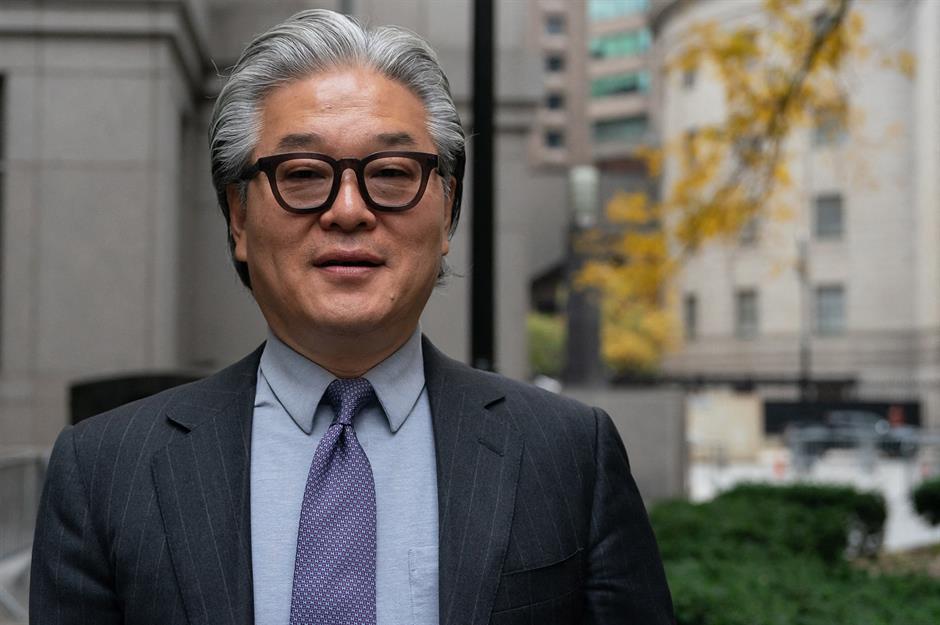
Hwang's defence was expected to argue he wasn't responsible for the banks' losses and didn't engage in market manipulation, since none of the trades involved out-and-out deception. But Becker soon dropped a bombshell in court, testifying that he was told to lie so Hwang could carry on trading. And after losing his multibillion-dollar fortune, the disgraced trader has now lost his freedom as well...
On 10 July, Hwang was found guilty of 10 of the 11 charges against him, each of which carries a maximum penalty of 20 years imprisonment. (Halligan, meanwhile, was found guilty of wire fraud, conspiracy, and securities fraud). He has now been sentenced to 18 years in prison.
It could have been even worse, though: Hwang's potential sentence could have stretched to 200 years, meaning he would have spent the rest of his extraordinary life behind bars.
Talking of epic fortune losses: discover the lottery winners who lost everything
Sponsored Content
Comments
Be the first to comment
Do you want to comment on this article? You need to be signed in for this feature